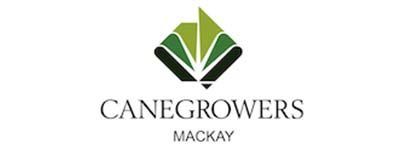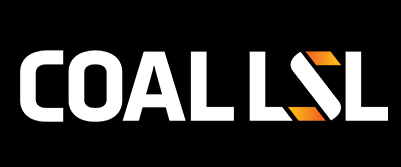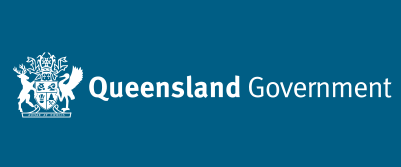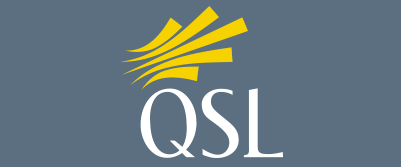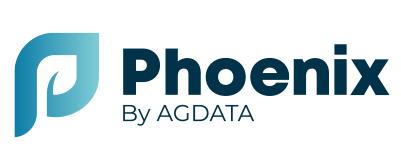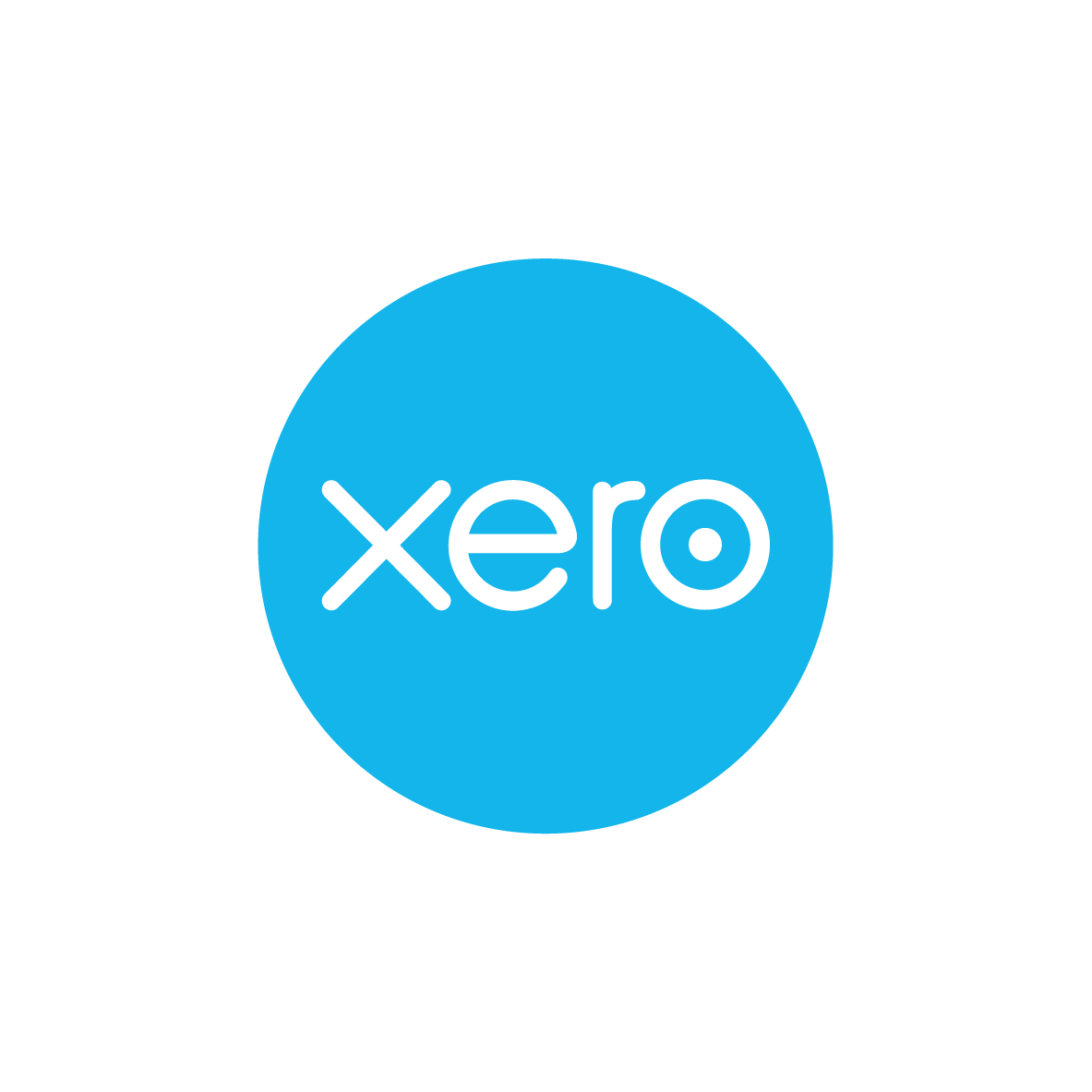Whitson Dawson Accountants
Accountants Mackay
- Comprehensive Financial Services
- Longstanding Community Commitment
- Focused on Local Business Growth
Established in 1883
Tailored Accounting Solutions
Serving Clients throughout Queensland
Professional Accountants in Mackay
We are a third generation Mackay based accounting firm, providing a comprehensive range of taxation and accounting services for both individuals and businesses throughout Mackay.
Our team of friendly tax accountants and bookkeepers provide advice and solutions for a variety of client requirements. Founded in 1883, Whitson Dawson has provided all clients throughout Central Queensland with a wide variety of taxation and accounting services including accounting, bookkeeping, business advice, estate management, auditing and much more.
Speak with one our friendly team members to book in your appointment today. We’re here to help. Our team works with small businesses and individuals to help them meet their financial goals. As a result, we offer our clients the peace of mind that comes from knowing they are being taken care of.
Accounting Services
We provide a range of taxation services for both individuals, businesses and estates. Our team is here to help with everything from income tax returns and tax strategies; company administration, rural accounting and business advice; to self-managed superannuation and audits. We can also assist in estate planning. We will ensure all your documents are filed correctly and on time. If you run a small business, our accountants will work closely with you throughout the year to ensure everything runs smoothly from start to finish.
Our team provides a comprehensive range of tax accounting services and advice. We provide individuals and businesses with financial analysis, statement preparation and support, as well as tax planning strategies and tax minimisation. We provide our clients with the option of meeting either in our office, over the phone or via video conference. Let us take care of all the paperwork while you focus on what matters most – running your business or growing your career. We take care of everything, so please sit back, relax, and let us do all the heavy lifting for you.
Our bookkeeping team aims to deliver an exceptional level of service to business owners. We provide an efficient and cost-effective service, working closely with you and your accountant to achieve the most beneficial outcome for you and your business. Let us take care of all those little details like reconciliations, bank deposits, invoices, expenses and more so you can keep moving forward without worrying about getting lost in the weeds with paperwork. Our goal is to simplify things as much as possible while still providing you with accurate information so that nothing falls through the cracks during busy times like EOFY and monthly reported periods.
The Inspicio audit team delivers a high level of service to business managers, board members of associations and directors of companies. We deliver independent audit services, working with clients to enhance the reliability of information for use by government organisations, funding bodies and other stakeholders. We know that every business is different, so we take the time to understand what makes yours unique. Then, our team will work with you to develop an audit plan that reflects your goals and priorities – all in line with our guiding principles of integrity, transparency and accountability. You can trust us to be honest about where you need support or guidance because we believe that if you have a better understanding of how well your business is doing now, then you’ll be able to make more informed decisions about its future success.
Secure your legacy with tailored estate planning services that align with your financial goals. From asset protection to succession planning, we help you ensure your wishes are carried out seamlessly.
Take control of your retirement savings with our guidance on self managed superannuation. We assist with compliance, investment strategies and ongoing management.
Enhance transparency and trust with our auditing services. Our thorough and accurate audits provide detailed insights, ensuring compliance with regulations and strengthening your financial standing.
Empower your business with actionable advice from our team. From strategic planning to cash flow management, we help you navigate challenges and unlock growth opportunities.
Navigate the unique financial needs of rural enterprises with our accounting services. We understand the challenges of rural industries and provide support for your financial success.
Streamline your corporate responsibilities with our company administration services. From compliance to governance, we manage the details, allowing you to focus on growing your business.
Mackay Accountants with Integrity
We cater to clients across a wide range of industries including mining services, primary production, real estate, hospitality, property development, trades, finance and private sectors. Our firm is built on our strong held belief in integrity and respect. It is through these core values that we have been able to foster long lasting relationships with our clients over the years.
We strive to understand the unique aspects of your business. This can help us provide solutions that are tailored to align with individual goals, aiming to support growth. Our services are structured to provide a comprehensive view of your financial health. We focus on strategic planning and sound management practices.
Our team strives to provide a proactive approach to client care, assisting all our clients in navigating through the complex environments of taxation, business planning and business finance. Whether you want to navigate tax laws, plan for business growth or need guidance on financial strategy, our team is here to assist. Contact our accountants in Mackay to learn how we can support your financial journey.
Whitson Dawson is a CPA practice, and a registered agent with the Tax Practitioners Board.
Accountant FAQs
What Do Accountants Do?
An accountant prepares and examines financial records, ensures all transactions are accurate and pays taxes on time. They are highly skilled in finance, maths and law and provide information to individuals and businesses to help them improve their financial position.
Some of the duties that accountancy firms can carry out include payroll management, monthly reporting to the Australian Tax Office, legal compliance, balancing invoice payments, putting together budgets, evaluating expenditure to find efficiencies, overlooking financial data, painting an overall picture of a business’s financial health, and much more.
Why Is An Accountant Important For Business?
Accountants are your expert partners in finance and business. While accountants are adept at tax returns for individuals and businesses, their services expand far beyond that. Your accountant is your barometer for your financial health.
They can assess your records, accounts, payments and every other aspect of your finances to determine the health of your business, your cash flow and how improvements can be made. Your accountants will also ensure you are completely compliant with the Australian Tax Office and all of your other legal reporting requirements.
What Is A Tax-free Threshold?
For individuals, the tax-free threshold is the amount nominated by the Federal Government that you can earn before paying tax. This currently sits at $18,200. This threshold also applies to sole traders running their own businesses.
If the business is put together as a formal company, there is no tax-free threshold applicable and you must pay tax on every dollar that you earn. In many cases, it can be more beneficial for an individual to operate as a sole trader rather than under the umbrella of a company for tax purposes. This is just one example of how your accountant can assist you and improve your bottom line.
How Long Does It Take To Get A Tax Refund?
Individual tax returns are usually processed by the ATO within two weeks, but there can be circumstances where this takes longer. If you have a complex return or lodge during a high volume period then it can take longer for it to be processed.
Working through your tax return with an accountant will ensure this process is much shorter and they will discover every possible benefit for you. By lodging with an accountant, you can be assured that the return is compliant and there is no fear of an audit or expensive fines.
What Do Bookkeeping Services Include?
Bookkeeping services can be provided by your accountant and can assist with many business functions. This is especially beneficial for smaller businesses that can not afford expanded HR and payroll teams. Your bookkeeping can help with processing payroll, paying and recording invoice payments, ensuring all receipts are documented, issuing invoices, billing customers, and much more.
Through bookkeeping services, you can be assured that all transactions are accurately recorded and every incoming and outgoing dollar is reconciled. This information can also be used to create financial reports that can assist you in growing your business.




